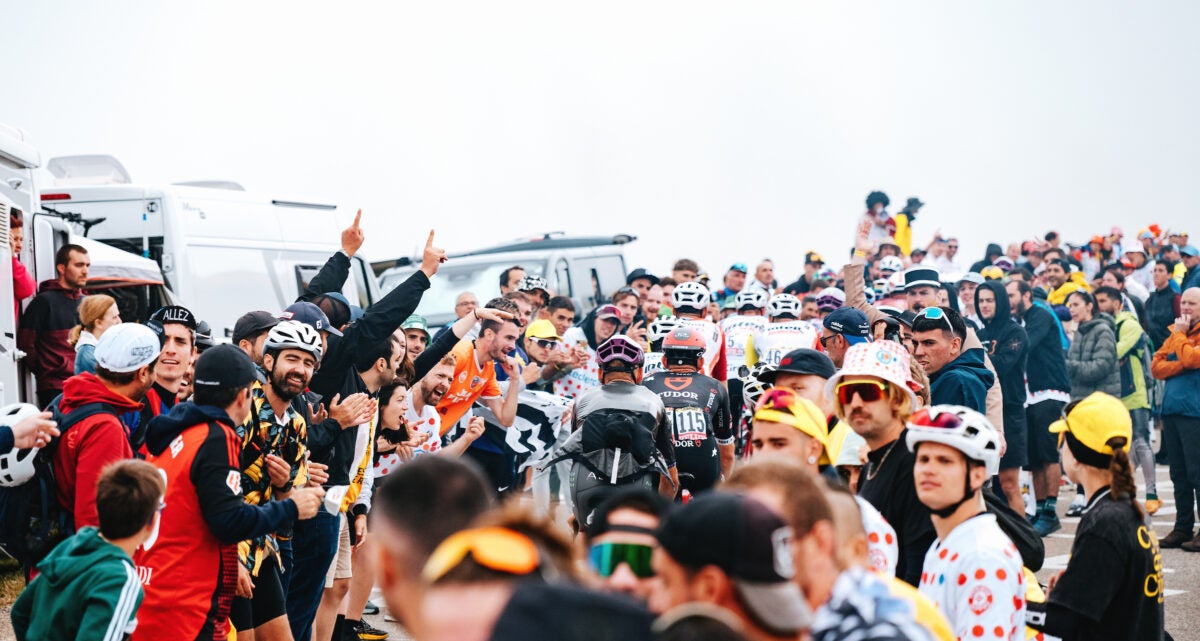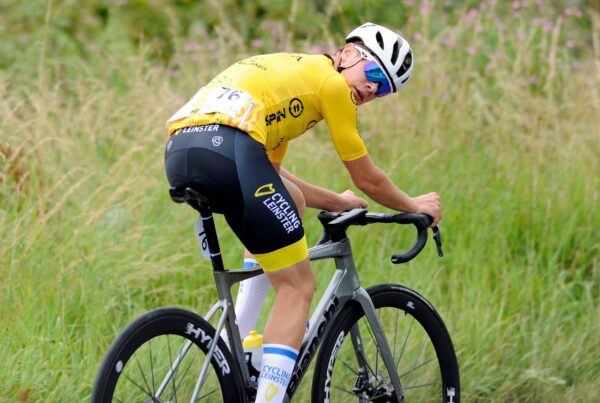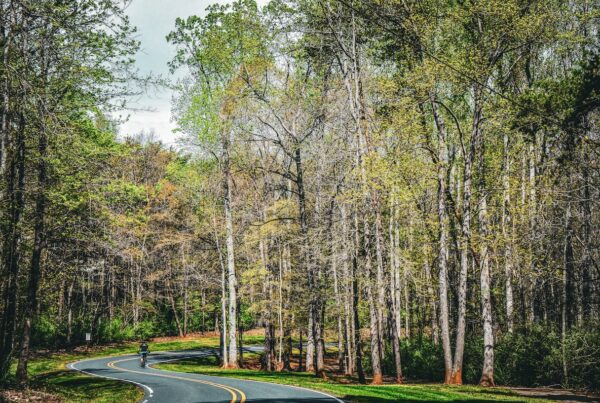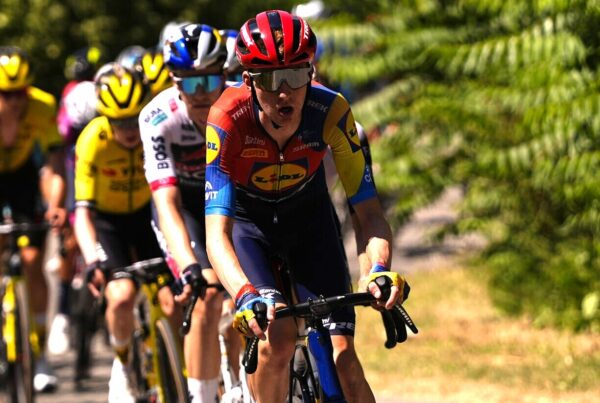
.
.
.
#TestosteroneTalk #GrandTourGrind #ApathyZone #TourDeFranceLife #CyclingStruggles #RaceDayReality #PogačarEra #Stage14Suffering #RestDayRoutine #COVIDCycling #MediaCircus #ContentOverload #CyclingChores #CoffeeShopMoment #BikeRaceBlues
Source link
The Tour de France is a grueling test of endurance, skill, and mental fortitude, and as the race progresses into its final stages, the physical and emotional toll on riders becomes increasingly apparent. Professional cyclist Mike Woods, writing about his experience, describes entering what he calls the “apathy zone” during the second week of the race. This state, characterized by a lack of desire and a sense of detachment, is reminiscent of the effects of low testosterone, a hormone that fuels ambition and drive. Woods reflects on how this apathy, while unusual for him, brings a strange sense of calm and allows him to live more in the present moment rather than constantly striving for future goals.
Woods highlights the relentless pace of the 2023 Tour de France, attributing it to the “Pogačar era,” where the competition has become fiercer than ever. He recounts the brutal stage 14 in the Pyrenees, where he burned nearly 6,000 calories and finished 24 minutes behind the stage winner, Thymen Arensman. Despite his aggressive tactics to join the breakaway early in the stage, Woods acknowledges that his efforts didn’t pay off, leaving him physically and mentally drained. Stage 15 continued the pattern of high-speed racing, with the peloton averaging over 50 kph in the opening hours, pushing riders to their limits.
The cumulative fatigue from these intense stages leaves Woods feeling as though his testosterone levels have plummeted, akin to those of an 80-year-old rather than the ambitious 17-year-old he once was. This physical and emotional exhaustion, combined with the knowledge that six more days of racing remain, brings him into the apathy zone. While this state is a departure from his usual relentless drive, Woods finds it oddly comforting, as it reduces the stress and pressure he typically feels during the race.
The Tour’s second rest day offers a brief respite from the physical demands of racing, but Woods notes that it is far from restful. The modern Tour de France is a 24/7 media circus, and even on rest days, riders are inundated with interviews, sponsor obligations, and media commitments. Woods reflects on how rest days have evolved over the years, particularly since the COVID-19 pandemic. In the past, riders could spend time with their families and partners during rest days, providing a much-needed break from the isolation of the race bubble. However, the pandemic introduced strict protocols that turned teams into “silos,” limiting interactions with outsiders and making the rest day more about fulfilling professional obligations than actually resting.
Despite these changes, one tradition remains sacred: the coffee shop stop. Woods describes this as a rare moment of tranquility in an otherwise hectic day, where riders can momentarily forget the pressures of the race and enjoy a brief sense of normalcy. While the rest day is packed with chores, media commitments, and the mundane tasks of daily life that don’t pause for the Tour, the coffee stop offers a fleeting opportunity for camaraderie and relaxation.
As Woods looks ahead to the remaining stages of the Tour, he acknowledges the immense physical and mental challenges that lie ahead. Yet, he also finds solace in the apathy zone, where the absence of intense desire allows him to appreciate the present moment and the extraordinary experience of competing in the world’s biggest bike race.







